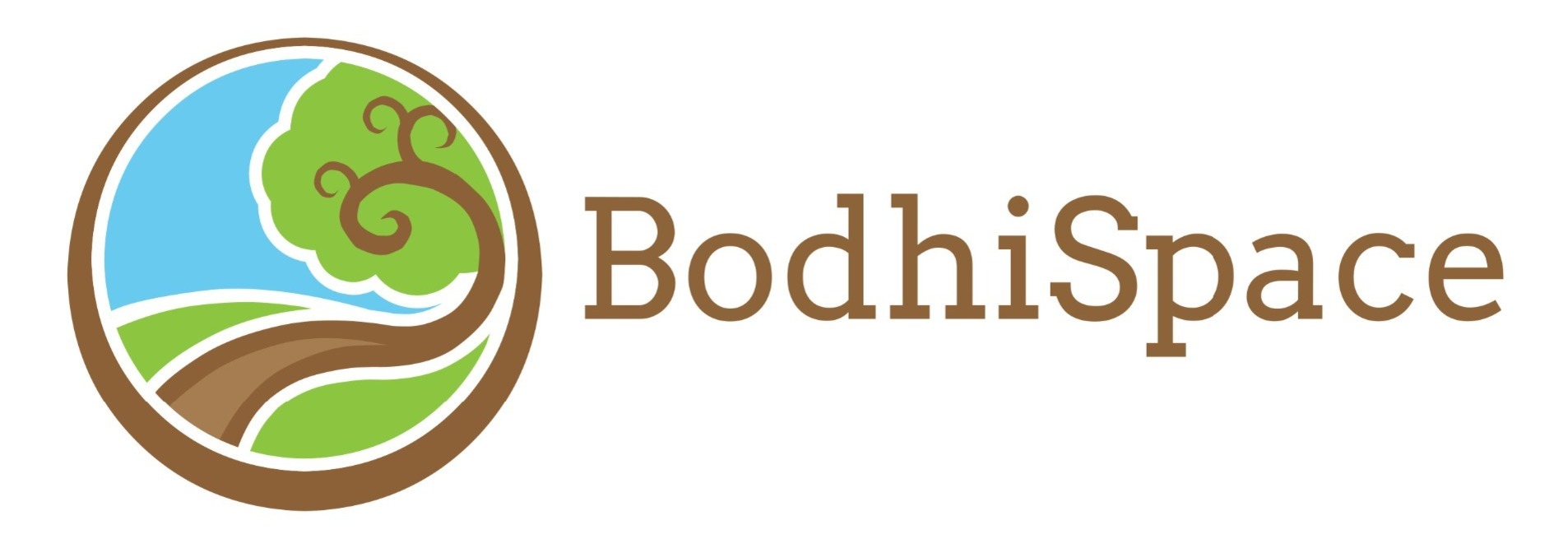Liz Holley - Trainee Integrative Arts Psychotherapist

You may be seeking a talking therapy right now and wondering if arts therapy is for you. Let me reassure you that arts therapy is for everyone; you do not have to have artistic talent or any previous experience of using art materials whatsoever.
I am a trainee Integrative Arts Psychotherapist. I have a Postgraduate Certificate in the Therapeutic Arts and a Certificate in Counselling Skills and Facilitation. I worked for many years in the creative industry and, more recently, teach an art workshop for children and young people.
I am passionate about mental health and the role the arts can play in individual well-being and the wider community. I work with individuals on a short or long-term basis.
What can you expect from Integrative Arts Psychotherapy?
Our 50-minute, one-to-one sessions will be a held in a safe, non-judgemental space where you will have the opportunity to share any challenges you may be facing and where, together, we can seek to understand what you are experiencing.
The arts can be used to help us explore certain issues in more detail, particularly where there might not be the words available to describe them or where it feels too difficult to discuss them out loud. This exploration might involve creating an image using paint or a sand tray; choosing from a collection of ready-made picture cards; or even describing a vivid and memorable dream.
There will be a variety of materials available to use in the room but it will be your choice as to what you use (or don't use) during our sessions. There may be sessions where we don't use art at all, but having the opportunity to use the arts can be a rich and enhancing experience in therapy.




